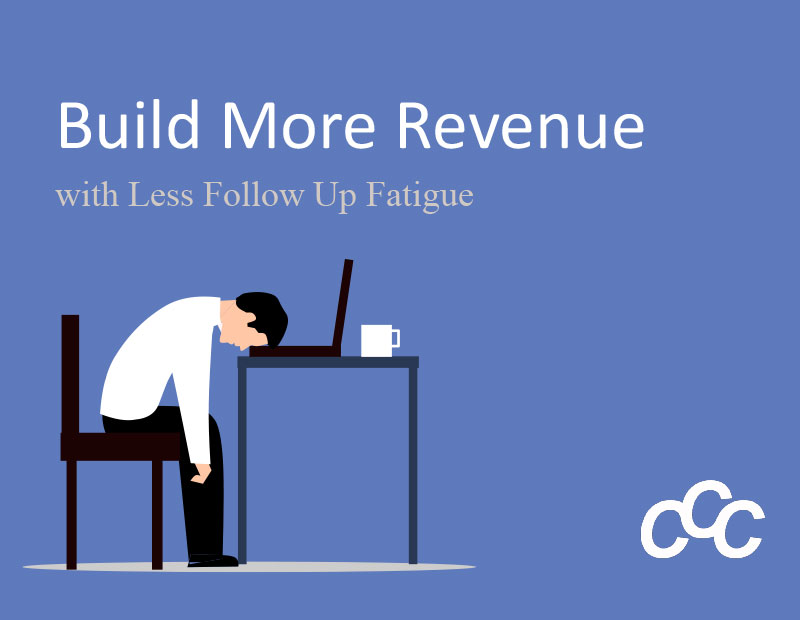Here are more ideas as to how you can streamline your workflow automation:
Sales Process – It makes no sense (and sometimes is geographically impossible) for sales managers to personally meet daily with sales staff. But it DOES make sense to keep them up-to-date with potential leads that can easily be entered into a CRM system. Workflow automation makes things easier, efficient, and does all the double-checking for you – nothing is overlooked. Using field-dependent triggers, your business can benefit from the following:
- A sales manager can receive alerts when, let’s say, any time a business with more than 100 employees, is entered into the system.
- Or a CRM system can automatically send out reminders for the sales staff to follow up on particular accounts; or if there are any changes to accounts.
Account Management – Account managers need to be up-to-date on clients to avoid account contract expirations and get a jump on account renewals. The client has already been secure; it’s imperative to retain him. Automated time-based triggers can:
- Ready the sales rep at certain intervals of upcoming account expirations; and even further, pay particular attention to expiration dates for larger accounts.
- Turn what used to be a manual task into an automated one by sending emails to clients, reminding them of the expiration date with an option to renew.
Support – Who doesn’t want to retain customers? To do so, clients need you to react to their issues effectively and efficiently. Sometimes support involves more than one department, and it’s integral that everyone be on the same page. Workflow automation using conditional triggers allows business to:
- Add a “contact immediately” status into the sales rep’s CRM when a support ticket is entered.
- Automatically generate an email to the client, offering your apology and letting them know that you’re “on it.”
- Alert integral support staff, especially in the case of the more lucrative customers.
CRM workflow automation does away with time-consuming, error-prone, and inefficient manual tasks. Whether it’s welcoming new clients via emails, alerting integral staff, or dealing with a customer issue, all of this and more can be automated. In this “Age of the Customer,” clients need consistent customer experience – this is what CRM workflow automation allows. It provides for a standardized response procedure and ensures its effectiveness. We can all agree that if you treat your clients well by providing an outstanding service process, they’re likely to stay with you for a very long time!
If you would like to know more, please contact us.





